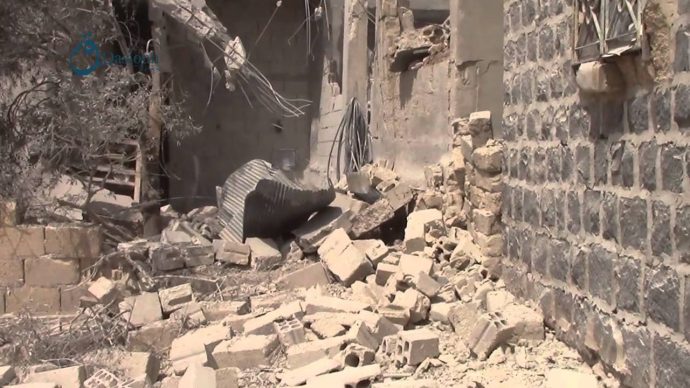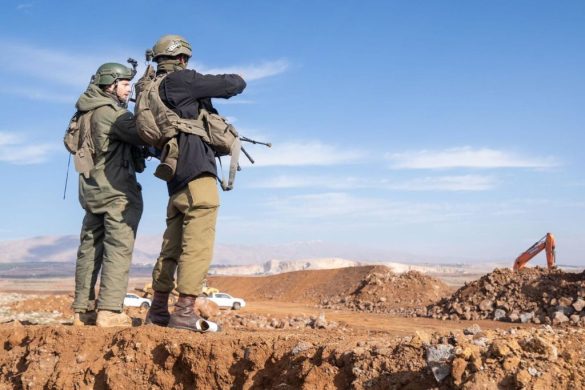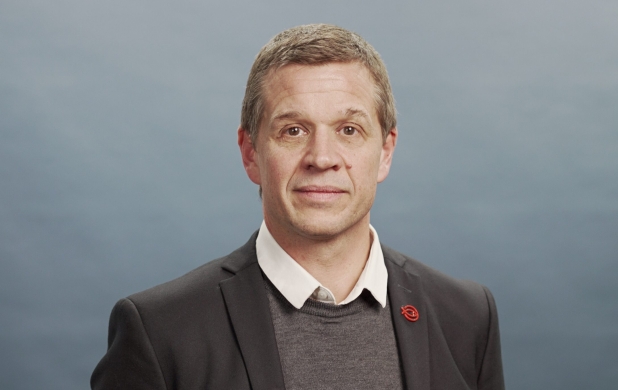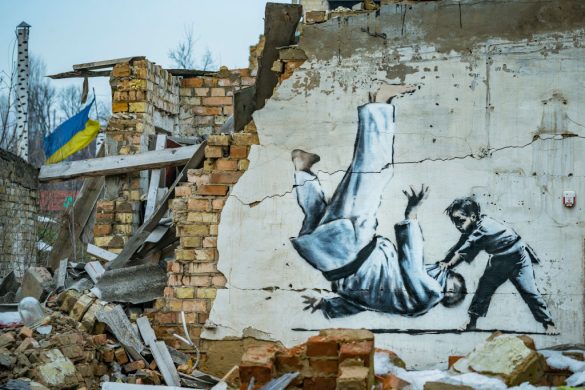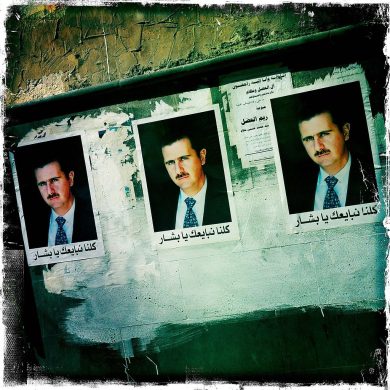It was the summer of 2015, and the Turkish government had just announced that it would open its borders with Syria during the Eid holiday period.
I could barely contain my excitement at the news. Finally, I would be able to visit my beloved city of Idlib.
Idlib is where all my memories were born. It is the city where I played as a child, studied as a teenager, fell in love and got married as an adult, and gave birth to my children.
When I heard the news, all I could do was daydream about this promised visit, and when I went to sleep my dreams were happy for a change.
Finally, I would walk down its streets again, linger in its marketplaces, and visit my friend and neighbour Umm Mohammed.
Crowds at the border
On September 23, 2015, the first day the borders were due to be opened, I left as soon as I had performed my dawn prayers.
Many of my friends had urged me to wait a day or two until the number of fellow travellers had subsided, but I ignored their advice. I could wait no longer.
As I approached the border crossing at around six in the morning, I was amazed to find that thousands of people were already gathered there. All of us were eager to go home.
I joined the crowds and looked around. The exhaustion on the faces surrounding me was painful to see. Some people lay on the ground, others leaned against their luggage. A woman struggled to calm her crying baby, I think he needed to breastfeed, but given the conditions there was nothing she could do.
Chaos
A short while after, they finally opened the gates, and a wave of people rushed forward, pushing and shoving.
Chaos broke out. Women carrying children fell to the ground, teenagers tried to jump over fences, and Turkish border patrolmen took out their batons and began beating people mercilessly.
After finally making it past the main gate, I needed to have my ID card stamped. Again, this proved to be an extremely chaotic and frightening experience. Only two or three stalls were open, and there was a stampede to reach them.
I saw an infant choking for breath, an elderly woman collapsing and a pregnant woman crying out that she was suffocating.
Destruction in my neighbourhood
The journey to Idlib saw us hopping on and off different means of transportation. I cannot remember how many different vehicles we used to get to our destination, but finally I arrived home.
Two and-a-half years had passed since I had left Idlib, and the sight that met my eyes was devastating.
As I walked down the streets of my neighbourhood, all I saw was destruction. My former school and most of the other buildings were in ruins. My own house was barely standing.
Everywhere I turned I saw evidence of government bombing, and I cursed the pilots of the warplanes.
How many homes had they destroyed? How many innocent lives had they taken? How many hearts had they broken?
The following day, I went out looking for my friends. Despite the destruction of their homes, many had returned to Idlib when it was liberated and were trying to pick up the pieces of their lives.
Securing bread
Ever since the government and its shabiha paramilitaries left, bread had become available in abundance.
I heard many stories, and all of them spoke of pain. Nevertheless, despite the threat of government bombardment, people were happy to be returning home.
Home in ruins
As the date of my departure approached, I wished I could stay. But where would I live? My home, like many others, was in ruins.
I left Idlib for the second time on October 15, 2015, with tears streaming down my face. My visit had been like a beautiful dream, one that I did not wish to wake up from.
As I bid my city farewell, I made it a promise that I would come back.
One day, we will all go back.
Bahja Muallem is the pseudonym of a Damascus Bureau contributor from Idlib. The 22-year-old was arrested filming and participating in anti-government protests. Bahja was forced to abandon her political science studies and seek refuge in Turkey along with her family.

